QuestionHello!
This is a question for my dad and stepmum who have two Indian ring-necks. They are both male, and the younger one, whom they purchased (handreared) second has developed an extreme problem screaming habit. He screams so much that they have to either constantly put a towel over him when they are home or put him in another room at the far end of the house. He screams constantly and loudly. He is tame and does not bite. Perhaps he screams out of boredom and for attention but he just doesn't stop! They are at the end of their tether and may have to consider re-homing the bird if his behaviour cannot be changed. Any information would be a godsend... Thankyou for your time!
AnswerHi, Katy.
Parrots normally scream for a reason...it could be boredom, could be them lacking something essential, could be diet or health related, not enough toys, not enough room in the cage, not enough time outside the cage, not enough human interaction, etc., etc. Stopping the screaming means correcting the basic problem. Not all screaming can be stopped...parrots naturally hollar several times per day.
How do you/your parents react to the screaming beahvior? This is very important. If your reaction is to cover the bird, yell at the bird, throw things at him, etc., then this is the wrong reaction. The bird screams to get a reaction from you. You react toward the bird which means the bird is getting what it wants. To deal with this problem, don't react at all. By you not reacting, the bird gets no satisfaction by screaming (depending on why the bird screams to begin with). Don't even look at the bird, move the bird, etc., don't do anything at all (especially feed the bird). The bird will learn that this negative behavior doesn't get him anywhere. This may take some time and much patience. In addition, be sure to reward your bird with its favorite treat each and every time the bird behaves positively. In other words, when your bird doesn't scream when he usually does, reward him. Show the bird the difference between positive and negative behavior by rewarding him for good behavior. Your reaction to your bird's behavior is very important.
Chrys

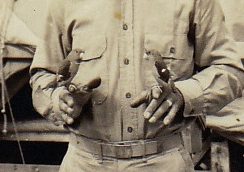 ID Birds
Question
Panama Birds
My uncle served in Panama in 1941
ID Birds
Question
Panama Birds
My uncle served in Panama in 1941
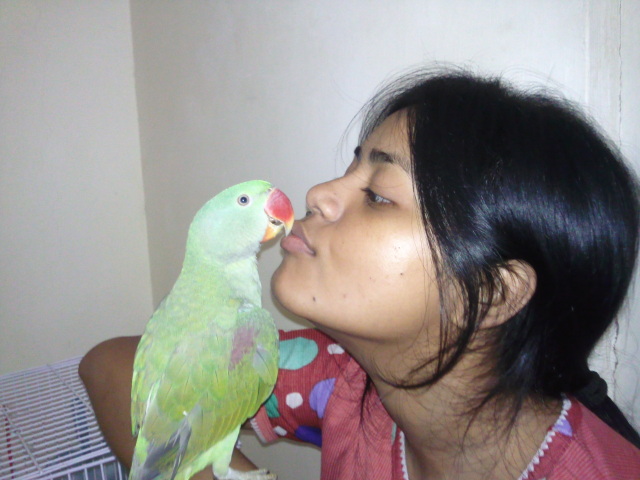 can i give my parrot chole(chana) called in hindi
Question
my little chaddi alexa
dear sir,
can give chan
can i give my parrot chole(chana) called in hindi
Question
my little chaddi alexa
dear sir,
can give chan
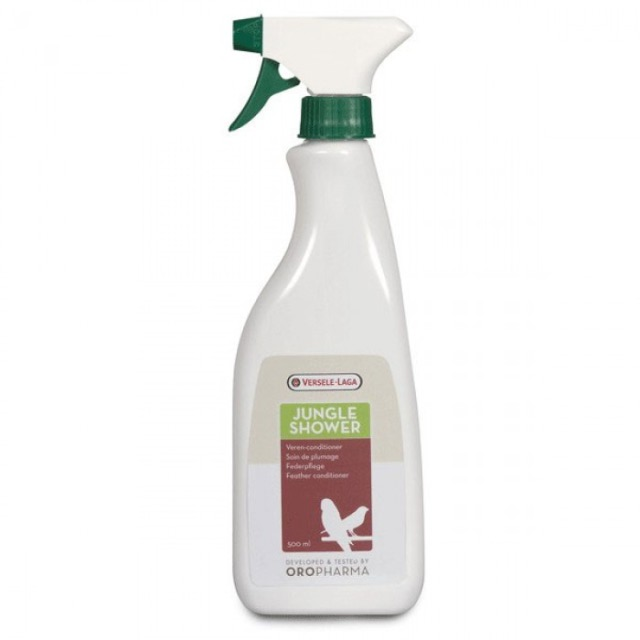 Indian Ringneck Health Issue
QuestionI have an Indian Ringneck who had been neglecte
Indian Ringneck Health Issue
QuestionI have an Indian Ringneck who had been neglecte
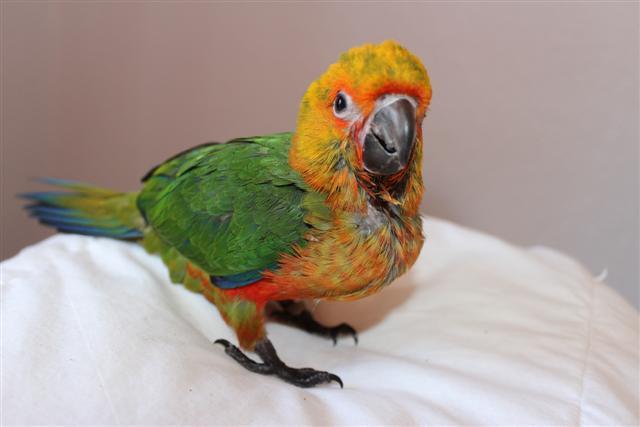 Jenday Conure Weaning?
Question
Castor the Conure
Hi
I have a 9 week o
Jenday Conure Weaning?
Question
Castor the Conure
Hi
I have a 9 week o
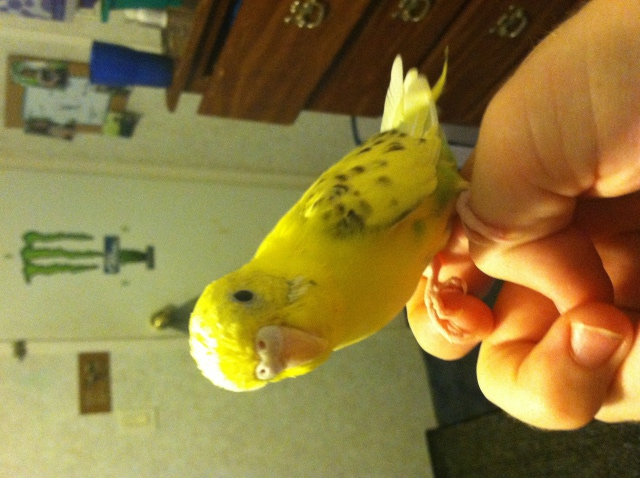 Parakeet gender
Question
Parakeet
Hi, I looked for an expert und
Parakeet gender
Question
Parakeet
Hi, I looked for an expert und